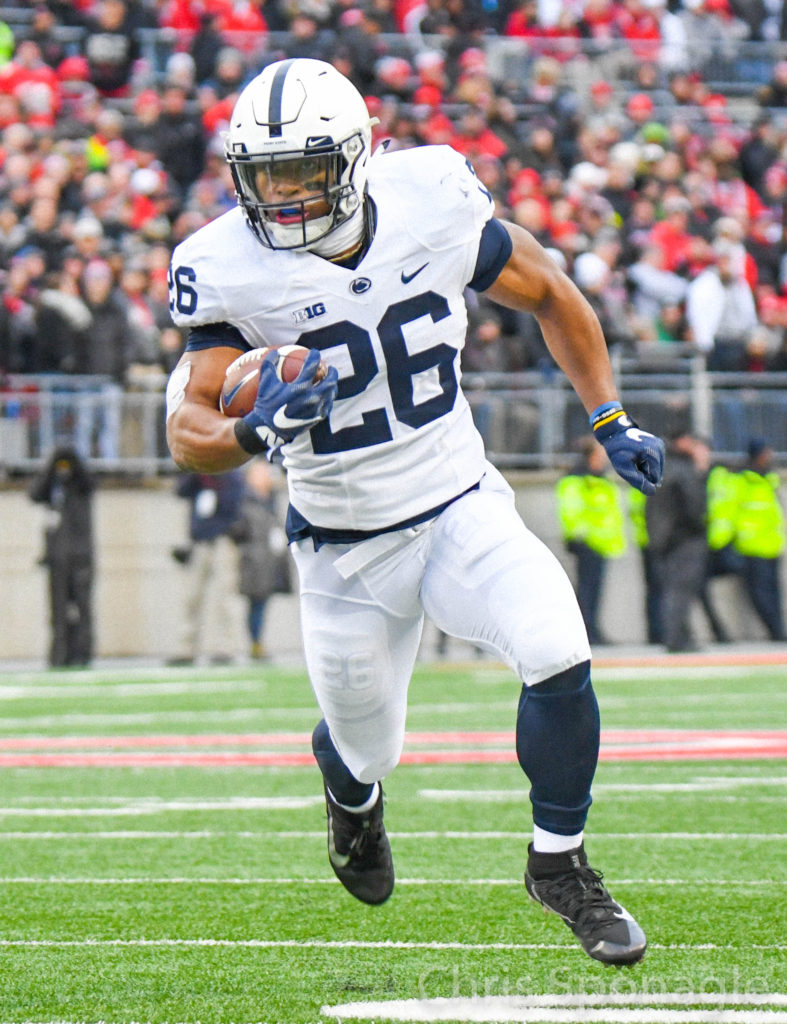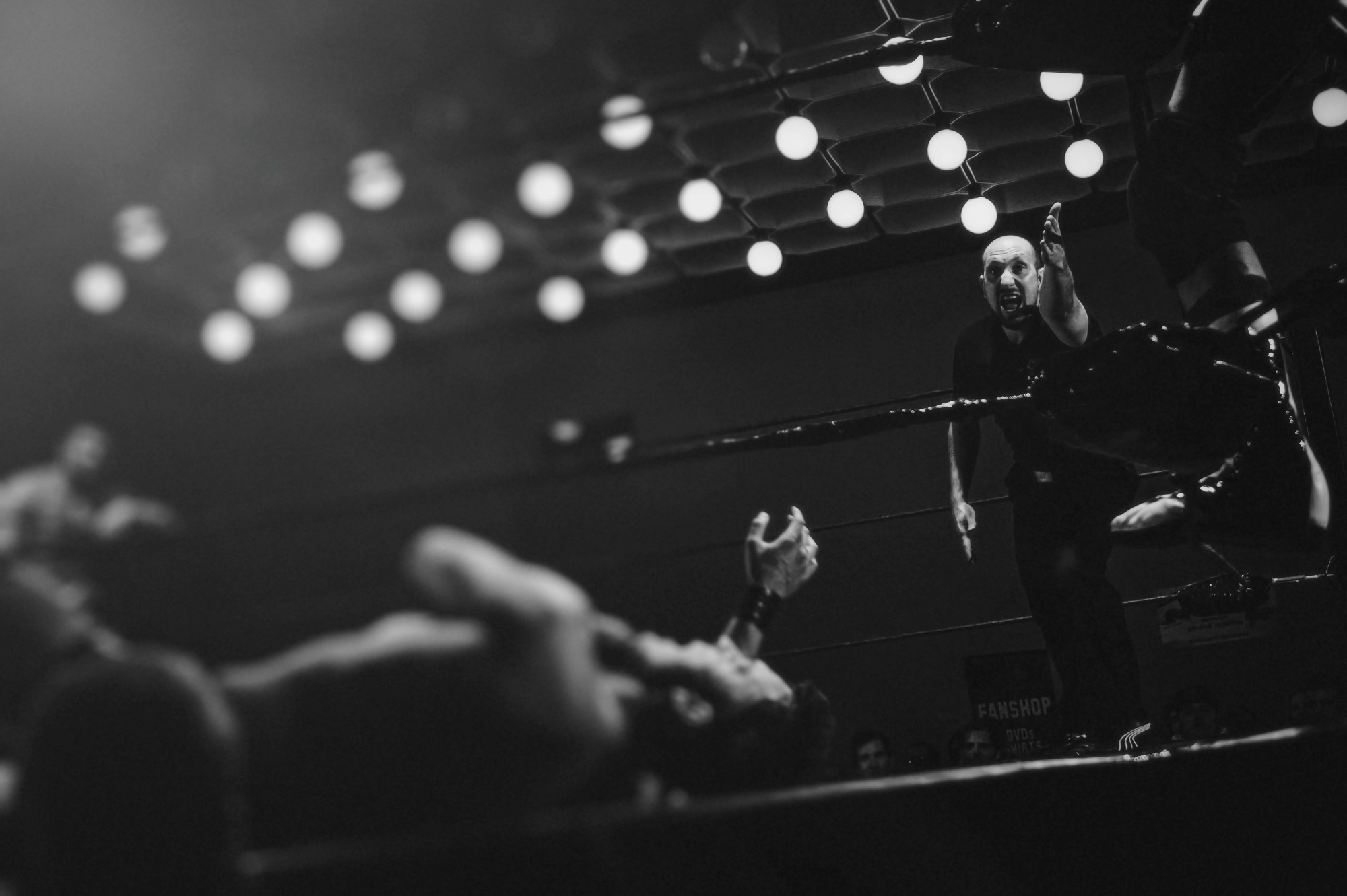
On August 11, 2019, California’s state assembly unanimously passed SB-206, a bill that will allow student athletes to receive compensation during their time as a collegiate athlete. If signed or overlooked by California Governor Gavin Newsom within thirty days, SB-206 will allow, starting on January 1, 2023, “. . . student athletes at public and private postsecondary institutions, except for community colleges, to earn compensation for the use of their own name, image or likeness.”[1] The bill does not require universities to compensate or employ student athletes, but rather allows student athletes to obtain professional representation and earn income through sponsorships and endorsements.[2] The phrase “name, image or likeness” spans a wide range of activities from which student athletes will be able to profit.[3] Activities involving profit from a student’s “name, image or likeness” can include, and are not limited to, receiving sponsorships from companies, coaching at summer sports camps, and signing autographed memorabilia.[4] Several other states, as well as Congress, have deliberated passing legislation allowing collegiate athletes to receive compensation for their name, image, and likeness.[5]
Unlike promising young athletes, the National Collegiate Athletic Association (NCAA) is not an advocate of SB-206. In order to be deemed an NCAA athlete, one must follow the association’s amateurism rules. These rules include forbidding student athletes from receiving compensation for media appearances, endorsing commercial products or services, and accepting any monetary award or assistance that surpasses “actual and necessary” expenses.[6] NCAA president Mark Emmert, along with twenty-one of the NCAA’s board of governors, sent a letter to Governor Newsom stating that the new California bill, if it becomes law, will “. . . erase the critical distinction between college and professional athletics and, because it gives those schools an unfair recruiting advantage, would result in them eventually being unable to compete in NCAA competitions.”[7] The letter also claimed that SB-206 “. . . would remove that essential element of fairness and equal treatment that forms the bedrock of college sport.”[8] The association’s threat to disallow all fifty-eight California participating schools could be ruled unconstitutional, as well as violate federal anti-trust laws, cases that the NCAA has lost numerous times before.[9] In addition to the NCAA, the bill has been publicly opposed by professional athletes like former Florida quarterback Tim Tebow. During an ESPN interview, Tebow declared that the bill will take away focus from the actual teams, and instead direct attention towards money.[10] Tim Tebow passionately stated in his interview, “If I could support my team . . . support my university, that’s what it’s all about. But now we’re changing it from ‘us’…which makes college sports special, to then . . . [i]t’s just about ‘me.’ I knew going into college what it was all about.”[11] Tebow’s argument, along with many others, focuses on the fact that if this bill is made law, student athletes will choose to attend schools that will give them the best opportunity for fame and endorsements, rather than solely choosing for team allegiance.
Despite pressure to have SB-206 dismissed, Governor Gavin Newsom should not hesitate to sign the bill and place it into law. During the 2016-2017 school year, the NCAA made approximately $1 billion in revenue, with the majority of that money stemming from men’s basketball.[12] Proponents of the NCAA’s amateurism rule will argue that the income is spent on athletic scholarships, and that players are fairly compensated with these scholarships. However, in 2014, the ten schools that profited the most from college athletics averaged revenue that was $132.5 million more than the average those same exact schools spent on athletic scholarships.[13] These statistics are dramatically unfair. It is unjustifiable that student athletes, the creators of the entertainment that yields significant profit, are restricted from earning income from their own name. Acknowledging the generosity of scholarship money, one must recognize the college sports industry is so demanding that athletes are unable to take advantage of their complementary education. CBS Sports published a study finding 54% of student athletes do not have time to study, 80% miss class for athletic events, and overall, athletes spend approximately fifty hours per week on their sport.[14] The mentality that amateurism keeps student athletes focused on education is incorrect. The amount of scholarships awarded is not comparable to the amount of revenue earned off the backs of hard-working student athletes. The college sports industry has become so significant that students are expected to devote all of their energy to the game. Unless the demanding schedule changes to allow focus to shift towards studies, which is highly unlikely, student athletes should, at the very least, be granted permission to monetarily benefit from their name. Scholarship money as the sole form of compensation is senseless.
Many collegiate athletes have families, and the opportunity to make additional income could change their families’ lives. The National College Players Association conducted a study concluding 86% of college athletes live below the poverty line.[15] Imagine the millions of potential dollars students could send to their families for assistance. It is unfair that this is prohibited to maintain the sanctity of amateurism. There will always be a distinct separation between college athletics and professional athletics, as SB-206 does not call for salaries, only for the ability to profit from one’s own name.[16] The NCAA may argue that students have an opportunity to make money once in the professional realm; however, fewer than 2% of NCAA student-athletes go on to be professional athletes.[17] The remaining 98% of students, with little time dedicated to earning degrees, may have lost out on millions. Allowing students to explore avenues of income stemming from their own names will expose and prepare them for the professional world. This is a premium time for young adult athletes to be functioning members of the business world. They are not high-schoolers. They are not minors.
The passage of SB-206 is crucial to maintaining America’s core value of freedom, opportunity, and growth. It’s time for student athletes to earn money from their own names and dismiss the amateurism rule perpetuated by an association making millions.
Caroline
Garlick is a second-year student at Benjamin N. Cardozo School of Law. She is a
staff editor for the Arts & Entertainment Law Journal, Vice President of
the Intellectual Property Law Society, and Director of Public Relations of the
Fashion Law Society. Caroline is looking forward to a career legally advising
entities in the entertainment industry.
[1] 2019 Legis. Bill Hist. CA S.B. 206
[2] Id.
[3] Id.
[4] Id.
[5] Id.
[6] National Collegiate Athletic Association, Division I Manual (2019). (See Bylaw §12).
[7] Melody Gutierrez & Nathan Fenno, California would allow college athletes to profit from endorsements under bill sent to Newsom, Los Angeles Times, (Sept. 12, 2019, 6:00 AM), https://www.latimes.com/california/story/2019-09-11/california-college-athletes-endorsements-bill.
[8] Nathan Fenno, NCAA warns Caifornia bill that would allow college athletes to be paid is ‘unconstitutional’, Los Angeles Times, (Sept. 11, 2019, 10:51 AM), https://www.latimes.com/sports/story/2019-09-11/ncaa-fair-pay-bill-college-athletes-gavin-newsom
[9] Id. See also National Collegiate Athletic Ass’n v. Board of Regents, 468 U.S. 85, 88, 104 S. Ct. 2948, 2953, 82 L. Ed. 2d 70, 75, 1984 U.S. LEXIS 130, *1, 52 U.S.L.W. 4928, 1984-2 Trade Cas. (CCH) P66,139. (The Court ruled that actions taken by the NCAA were horizontally restraining trade). But see Pugh v. NCAA, 2016 U.S. Dist. LEXIS 168174, 2016-2 Trade Cas. (CCH) P79,843, 2016 WL 7100606. See also 15 U.S.C.S. § 1-7 (The Sherman Antitrust Act of 1890 prohibits anticompetitive agreements and actions that monopolize the relevant market).
[10] Jenna West, Tim Tebow on Fair Pay to Play Act: ‘It Changes What’s Special About College Football’, Sports Illustrated, (Sept. 13, 2019), https://www.si.com/college-football/2019/09/13/tim-tebow-fair-pay-play-act-playing-college-players-video.
[11] Id.
[12] Darren Rovell, NCAA tops $1 billion in revenue during 2016-17 school year, ESPN, (Mar. 7, 2018), https://www.espn.com/college-sports/story/_/id/22678988/ncaa-tops-1-billion-revenue-first.
[13] Steven Cameron, The NCAA brings in $1 billion a year – here’s why it refuses to pay its college athletes, Business Insider, (Mar. 26, 2019, 10:14 AM), https://www.businessinsider.com/ncaa-college-athletes-march-madness-basketball-football-sports-not-paid-2019-3
[14] Id.
[15] Ramogi Huma & Ellen J. Staurowsky, Ed.D., The Price of Poverty in Big Time College Sport, National College Players Association, http://assets.usw.org/ncpa/The-Price-of-Poverty-in-Big-Time-College-Sport.pdf.
[16] 2019 Legis. Bill Hist. CA S.B. 206
[17] NCAA Recruiting Facts, NCAA, (last updated Mar. 2018), https://www.ncaa.org/sites/default/files/Recruiting%20Fact%20Sheet%20WEB.pdf.



